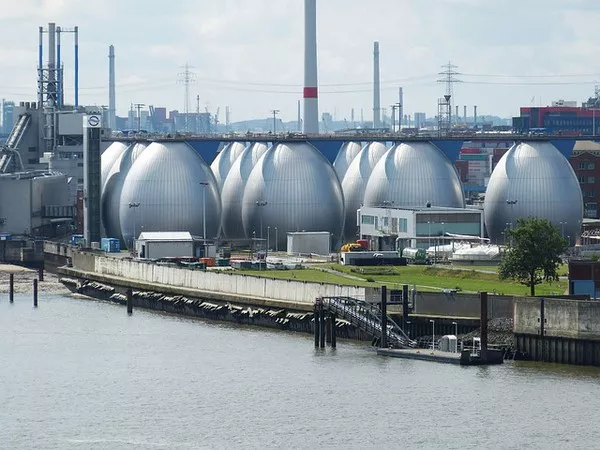Septic tanks play a vital role in managing household waste in areas where municipal sewer systems are not available. However, despite their utility, septic systems can occasionally emit unpleasant odors, causing discomfort and concern for homeowners. Understanding the factors contributing to septic tank odor is crucial for effective management and maintenance. In this article, we delve into the common causes of septic tank odor in homes and explore preventive measures to address them.
Understanding Septic Tank Functionality
Before delving into the causes of septic tank odor, it’s essential to grasp how these systems operate. Septic tanks are underground chambers that collect, treat, and dispose of household wastewater. They rely on natural bacterial processes to break down solid waste and separate it from liquids. Once separated, the liquid effluent flows out of the tank into a drain field for further filtration and absorption into the soil.
Common Causes of Septic Tank Odor
Lack of Regular Maintenance: One of the primary causes of septic tank odor is a lack of regular maintenance. Over time, solid waste accumulates in the tank, leading to sludge buildup. Without routine pumping and cleaning, these solids can produce foul-smelling gases that escape through the tank’s vents or back up into the house through drains.
Accumulation of Grease and Fat: Improper disposal of grease, fat, and oil down household drains can contribute to septic tank odor. These substances form a layer of scum on the surface of the wastewater, impairing bacterial digestion and creating anaerobic conditions that promote odor production.
Clogged Drain Field: A malfunctioning or clogged drain field can also result in septic tank odor. When the drain field fails to absorb effluent properly, wastewater may back up into the septic tank, causing odors to permeate the surrounding area.
Cracks or Leaks in the Tank: Structural defects such as cracks or leaks in the septic tank can allow odorous gases to escape into the soil or seep into the house through plumbing fixtures. These issues often occur due to age, poor installation, or physical damage to the tank.
Overloading the System: Excessive water usage or the introduction of non-biodegradable materials into the septic system can overwhelm the tank’s capacity, disrupting the balance of beneficial bacteria and leading to odor problems.
See Also What Can Cause Sewer Gas Smell In House
Preventive Measures and Solutions
Regular Maintenance: To prevent septic tank odor, homeowners should adhere to a regular maintenance schedule, including pumping the tank every 3-5 years, depending on household size and usage. Routine inspections by qualified professionals can help identify and address issues before they escalate.
Proper Waste Disposal: Avoid disposing of non-biodegradable items, such as wipes, hygiene products, and chemicals, down household drains. Additionally, minimize the use of antibacterial products that can disrupt the natural balance of bacteria in the septic tank.
Grease Trap Installation: Installing a grease trap in the kitchen can prevent grease, fat, and oil from entering the septic system, reducing the likelihood of odor problems associated with scum accumulation.
Repairing Structural Defects: Regularly inspect the septic tank for signs of damage, such as cracks or leaks, and promptly repair any issues to prevent odors from escaping into the environment.
Water Conservation: Practice water conservation measures, such as fixing leaks, installing low-flow fixtures, and spreading out laundry and dishwasher usage, to reduce the strain on the septic system and prevent overloading.
Conclusion
Septic tank odor in homes can be a nuisance, but with proper maintenance and preventive measures, it can be effectively managed. By understanding the common causes of septic tank odor and implementing appropriate solutions, homeowners can ensure their septic systems operate efficiently and odor-free. Regular maintenance, proper waste disposal, and proactive repairs are essential components of a successful septic system management strategy. Investing in the upkeep of your septic tank today can save you from unpleasant odors and costly repairs tomorrow.

